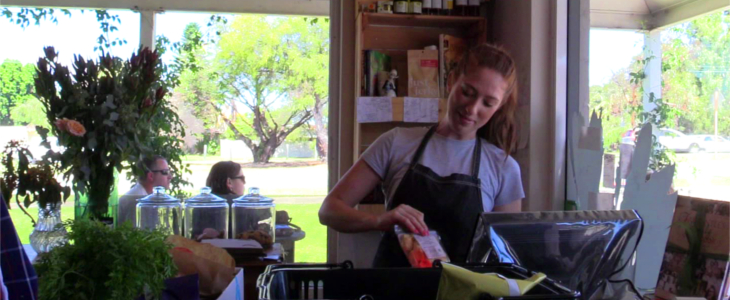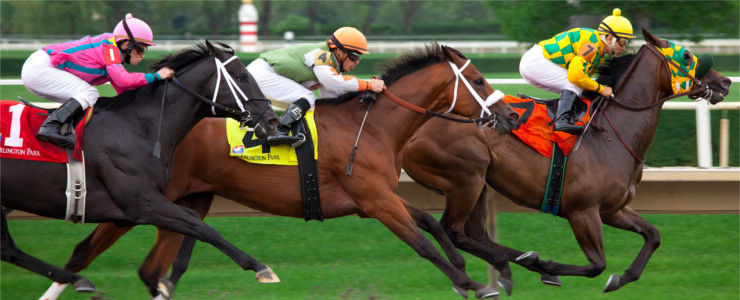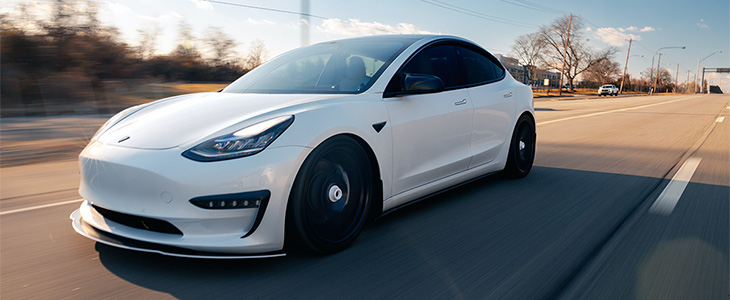A remote area housing benefit is an exempt benefit under section 58ZC of the Fringe Benefits Tax Assessment Act 1986. If a housing benefit is deemed a remote area housing benefit the employer can claim a tax deduction for the employees housing costs, and no FBT is payable. This converts an employee’s private housing…
The advantages of operating a business through a company include: 30% tax rate (standard company tax rate) 27.5% tax rate for companies with a turnover less than $10m pa. (The turnover thresholds increase to $25m in 2017/18 and $50m in 2018/19). By 2026/27 the company tax rate for companies with a turnover less than $50m…
When a motor vehicle is used 100% for private purposes there is normally no tax deduction available on the expenditure. With this strategy an employee can generate annual tax savings of $2,500 – $3,000 pa by salary packaging their private motor vehicle with their employer. The tax savings result from the motor vehicle tax concessions…
The purchase of an antique, veteran or vintage car for use in a business will provide the normal depreciation and operating deductions. This will be subject to the luxury car limit and log book obligation for business use. Motor vehicles, including antique, veteran & vintage cars, are exempt from capital gains. This is a win…
Business travel involves being away from home for at least one night for business purposes. This is to be contrasted with other types of private travel such as for leisure purposes or regularly commuting between one’s home and workplace. Reasons for business trips include visiting customers or suppliers, meetings at other company locations, professional development…
It is good practice to review the prior year’s tax returns of all new clients to see whether any allowable deductions have been omitted from the return. If allowable deductions have been omitted (and can be substantiated) and the time limits on income tax amendments are met, the prior year’s returns can be amended. The…
Employee meal costs, like lunch during a normal work day, are normally private non- deductible expenses. But an employer can provide the following meals to employees, claim a tax deduction for the expenses, and pay no fringe benefits tax: • Tea, coffee and cakes provided on business premises for employees and customers. • Sandwiches, muffins,…
Tax Planning Strategy 193 involves using your SMSF to purchase a farm (or hobby farm) and then leasing it back to the taxpayer (or associated entity) to operate a farming business. This strategy has the following attractions: Ability to combine the superannuation fund balances of up to 4 family members to purchase the farm.…
Rebatable employers are entitled to a FBT rebate equal to a percentage of the gross FBT payable, subject to a capping threshold. Organisations that may qualify for the FBT rebate include: Registered Charities who are endorsed as a charitable institution for these purposes Certain educational, scientific or public educational institutions Trade unions and employer…
Small businesses buying art prior to 30th June 2017 with a purchase cost of less than $20,000 (excluding GST) are entitled to a full tax deduction. The art can be enjoyed at the small businesses office, warehouse, farm, or home office. There are no restrictions on the type of art or the number of pieces…
"You’d be stupid not to try to cut your tax bill and those that don’t are stupid in business"
- Bono: U2














